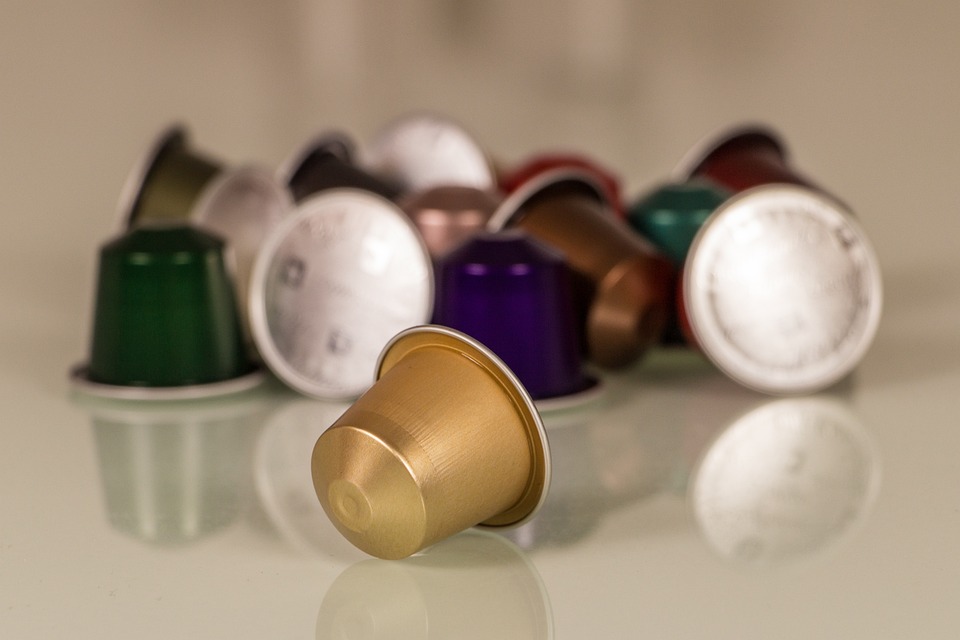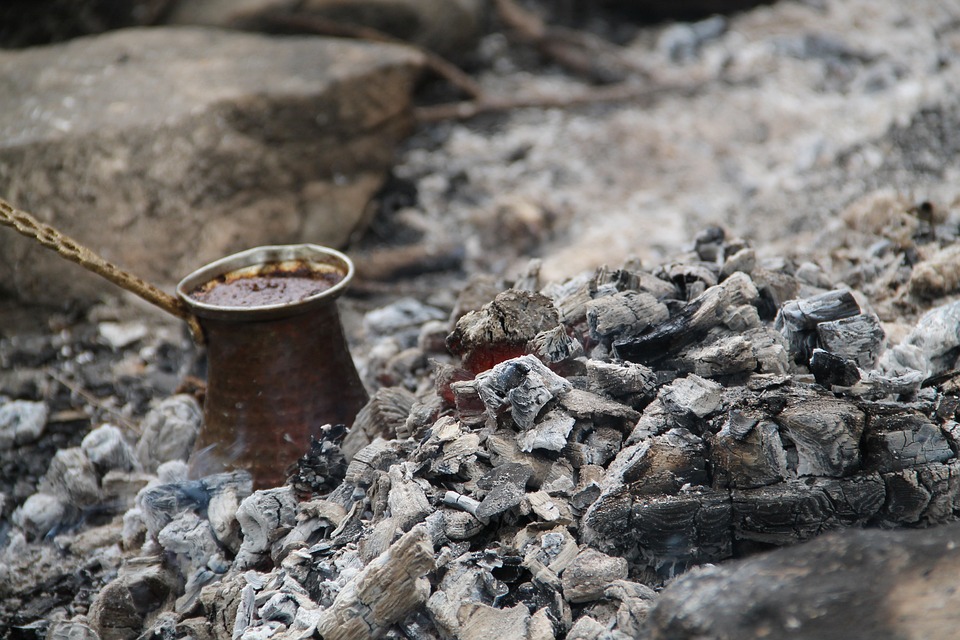Although Peru may not be known globally as a coffee-producing country, it actually leads the world in the manufacturing of Fair-Trade coffee. This nation’s bountiful coffee yields place it eighth globally, thus making Peruvian coffee highly sought-after around the world.
Most of the coffee beans which are grown in Peru are exported around the world, with around four million bags produced every year. The country’s population also consumes large amounts of coffee themselves as well, making Peru quite the coffee expert.
What Kind of Coffee Do the Peruvians Drink?
In Peru, the locals tend to drink their coffee black with a small amount of sugar, and it is generally prepared at home using a French Press or just a small metal filter to filter the coffee grounds manually, straight into a cup.
Peruvian coffee hasn’t been as known as some other countries because their history of coffee making was spent developing their farming methods, creating co-operatives, and ensuring their processes were fair to farmers.
However, the country is now world-renowned for not only producing high-quality fair-trade coffee but also for looking after its coffee growers and supporting its small-scale farms and natural processes.
How is Peruvian Coffee Grown and Farmed?
Once they started exporting, they very quickly became known as the leading distributor of Fair-Trade coffee in the world. They started Fair Trade officially around 2003, and the majority of their coffee comes from small farms which join to create co-operatives.

The small farms working together can then use the opportunities for international export to help them sell their coffee around the world. This approach is why the country is the Fair-Trade leader when it comes to coffee growing.
Do They Also Produce Organic Coffee as Well?
Many of the farms have also gone organic, although Peru has a strict process to achieve certification, which can take around three years. The organic coffee farmers also end up producing less coffee overall.
Related read: Best Organic Coffee – 2021 Coffee
Due to the size of the farms, Peruvian coffee beans are generally picked by hand and the coffee cherries are then processed and left to dry outdoors in the sunshine. Most Peruvian coffee is dry processed in this way.
By doing some research into suppliers, it shouldn’t be too hard to find sources of organic Peruvian coffee available near to you, so that you can ensure you are buying the highest quality coffee beans for your morning brew.
What is Peruvian Dung Coffee?
If you aren’t squeamish and will go to any lengths to get that perfect cup of coffee then you might want to think about trying dung coffee, or poop coffee as it is affectionately known. It can be expensive but is much sought after.
Dung coffee is another popular type of coffee that comes from Peru. It is produced by getting animals to eat the coffee cherries. The animals’ digestive process helps to lower the bitterness in the coffee.
The beans are retrieved from the animal dung and washed before processing. In Peru, they feed the best quality Arabica beans to coatis, which are from the raccoon family, for the best results. So, some of the top Peruvian coffee available has been passed through an animal before consumption by humans.
What Does Peruvian Coffee Taste Like?
Coffee from Peru is generally thought of as having a medium body which means it falls halfway between watery coffee and thick syrupy coffee, which is really where you want your coffee to be ideally.
The body type of a coffee largely depends on the altitude it is grown from and the richness of the soil, so there is a notable difference in coffee from different countries, due to the effect the environment has on the beans.

The Peruvian coffee bean is generally regarded as having a mild acidity in its flavor and is often described as aromatic. It is described as having a full flavor, often with some chocolate or nut overtones as well.
You may also like: 2021 Guide to the Best Flavored Coffee
Peruvian coffee is not generally one with that bitter or burnt taste and can even be thought of as having some citrus notes to it as well. It’s certainly one that is admired by coffee connoisseurs worldwide.
What Type of Coffee Beans Does Peru Produce?
One of the reasons for this is the Peruvian coffee beans and their quality. Almost all the beans which grow there are very high-quality Arabic beans, so if you want Peruvian coffee always go for pure Arabica rather than coffee blends and you won’t be disappointed.
If you are willing to do a bit of research, you can also focus on buying your coffee from one of the Peruvian distributors who only work with certificated organic coffee farmers. Doing this might take some digging but you will get the best choice of coffee possible while knowing you are also supporting local coffee growers and the environment at the same time.
How is Peruvian Coffee Grown?
One of the reasons Peruvian coffee beans are so good is that they are grown at a good elevation. Most of the farms are around 1,200 meters higher than sea level and it is well known that higher altitudes are better for coffee growing.
Much of the coffee grown in Peru, is produced on the East slopes of the Andes mountains, as well as in the Amazonas region. These are both high elevations with good quality soil and perfect conditions for growing amazing coffee.
While Columbian and Brazilian coffee might be the most available brands, it’s clearly worth looking out for high-quality Peruvian coffee, whether you choose organic or dung coffee, or just the regular kind, there is always a Peruvian coffee option to suit your taste and style.
You may also like: Best Colombian Coffee 2021 – Reviews
There are several brands of Peruvian coffee so it might take some time to find a local distributor of them but all it takes is a little research and you could be enjoying your perfect cup of Peruvian coffee before you know it.




